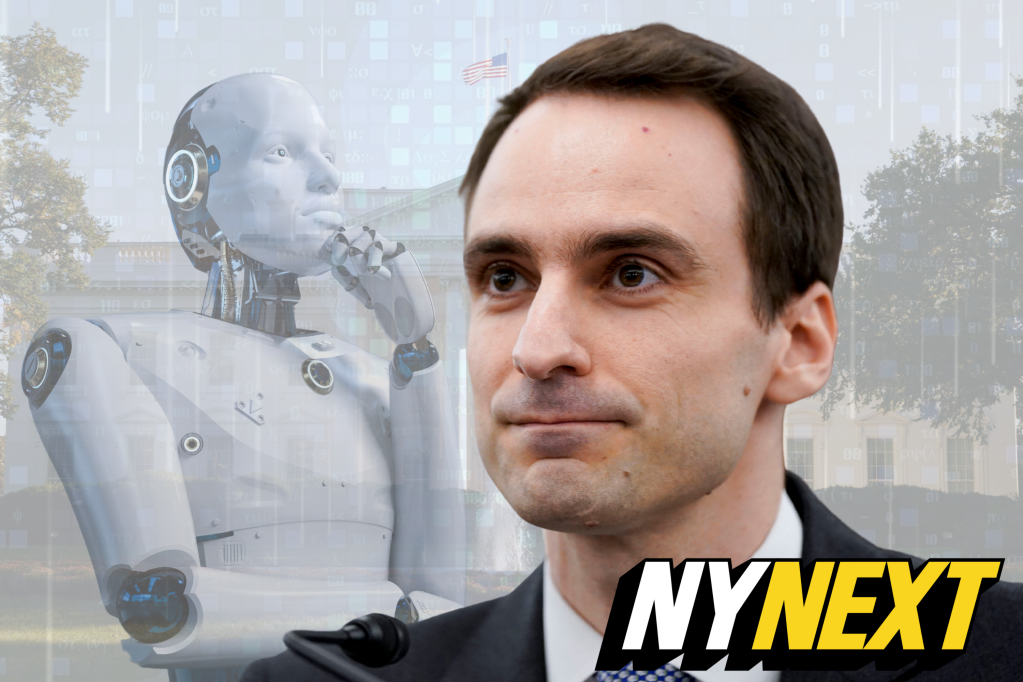
Michael Kratsios, who served as the Chief Technology Officer of the United States under President Donald Trump, has issued a strong warning about the geopolitical stakes involved in artificial intelligence (AI) development. In a recent interview with NY Next, Kratsios highlighted concerns that foreign adversaries are moving rapidly to subsidize and globalize their own AI technologies, potentially undermining American interests and dominance in the tech sector.
“Our adversaries are going to try to subsidize and export their AI stack. And I think it’s most critical that we beat them to the punch,” Kratsios told NY Next. His comments reflect broader concerns in the U.S. political and national security communities about the strategic importance of AI technologies and the race to set global norms and standards in this emerging field.
Kratsios served in the Trump administration during a period when technology policy became deeply intertwined with issues of national security and economic competitiveness. Under his leadership, the White House released various AI initiatives aimed at promoting American leadership in AI research and development. These initiatives advocated for increased federal investment in AI, public-private partnerships, and regulatory frameworks that support innovation while addressing ethical concerns.
The current rivalry among global powers, especially the U.S. and China, has intensified as AI systems become more embedded in defense, finance, healthcare, and infrastructure decision-making processes. China’s aggressive AI strategy includes substantial government subsidies, strategic partnerships with tech firms, and the exporting of surveillance-driven AI technology to partner states—all of which Kratsios and others see as part of a larger effort to shape the global technological landscape.
In calling for the U.S. to “beat them to the punch,” Kratsios likely supports a combination of public policy innovation, private sector investment, and international collaboration to bolster America’s AI capabilities. Analysts suggest that staying ahead in AI not only brings economic advantages but also ensures that American values of openness, privacy, and transparency influence how AI technologies are integrated and regulated worldwide.
The remarks from Kratsios underscore growing bipartisan consensus in Washington on the need for robust AI leadership. As AI technologies continue to evolve, U.S. policymakers face mounting pressure to ensure that the country remains at the forefront of both innovation and governance in this critical domain.
Source: https:// – Courtesy of the original publisher.








